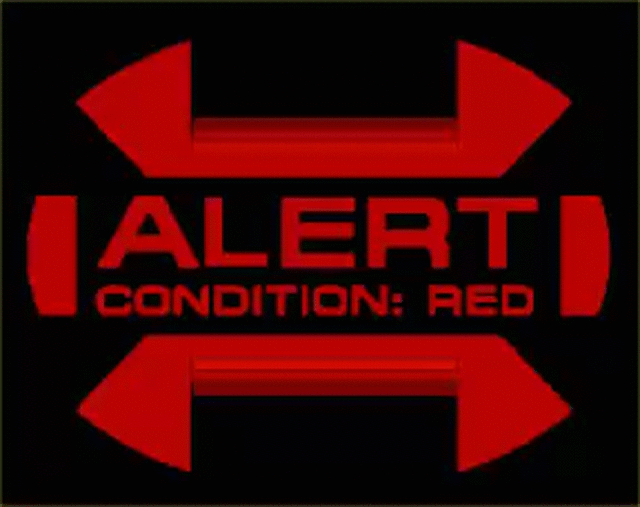Small Business Alert!
[alert style=”danger” close=”false”] Small business alert – Terms of PPP Loans have changed
[/alert]
In one of the more memorable movie quotes of yesteryear, a character delivers a classic understatement – “Dr Banner, I think now would be a really good time for you to get angry.”
Today is a good time for every PPP (Payroll Protection Plan) recipient to get very angry as well. If you’ve accepted PPP funds, you’ve relied on the law’s intent to forgive (subject to using the funds for payroll) with no taxable income generated by the forgiveness. Normally debt forgiveness is income, but Congress very specifically said this was not to be the case with PPP loans.
Now that you’ve accepted the written terms of this note, IRS has taken upon itself to tax these funds by denying any deduction for salaries funded by the loan proceeds. Angry does not begin to describe our reaction to this. It’s equivalent to a banker changing the terms of your loan after you have signed on the dotted line and taken the money. Your banker would be in serious legal trouble for this, but not (it seems) the IRS.
Our official news release is below. If you’d like to find out what you can do about this, use the contact button at the end of this email.
The IRS has issued guidance clarifying that certain deductions aren’t allowed if a business has received a Paycheck Protection Program (PPP) loan. Specifically, an expense isn’t deductible if both:
• The payment of the expense results in forgiveness of a loan made under the PPP, and
• The income associated with the forgiveness is excluded from gross income under the Coronavirus Aid, Relief, and Economic Security (CARES) Act.
PPP basics
The CARES Act allows a recipient of a PPP loan to use the proceeds to pay payroll costs, certain employee healthcare benefits, mortgage interest, rent, utilities and interest on other existing debt obligations.
A recipient of a covered loan can receive forgiveness of the loan in an amount equal to the sum of payments made for the following expenses during the 8-week “covered period” beginning on the loan’s origination date: 1) payroll costs, 2) interest on any covered mortgage obligation, 3) payment on any covered rent, and 4) covered utility payments.
The law provides that any forgiven loan amount “shall be excluded from gross income.”
Deductible expenses
So the question arises: If you pay for the above expenses with PPP funds, can you then deduct the expenses on your tax return?
The tax code generally provides for a deduction for all ordinary and necessary expenses paid or incurred during the taxable year in carrying on a trade or business. Covered rent obligations, covered utility payments, and payroll costs consisting of wages and benefits paid to employees comprise typical trade or business expenses for which a deduction generally is appropriate. The tax code also provides a deduction for certain interest paid or accrued during the taxable year on indebtedness, including interest paid or incurred on a mortgage obligation of a trade or business.
No double tax benefit
In IRS Notice 2020-32, the IRS clarifies that no deduction is allowed for an expense that is otherwise deductible if payment of the expense results in forgiveness of a covered loan pursuant to the CARES Act and the income associated with the forgiveness is excluded from gross income under the law. The Notice states that “this treatment prevents a double tax benefit.”
More possibly to come
Two members of Congress say they’re opposed to the IRS stand on this issue. Senate Finance Committee Chair Chuck Grassley (R-IA) and his counterpart in the House, Ways and Means Committee Chair Richard E. Neal (D-MA), oppose the tax treatment. Neal said it doesn’t follow congressional intent and that he’ll seek legislation to make certain expenses deductible. Stay tuned.
© 2020
[signoff]
.